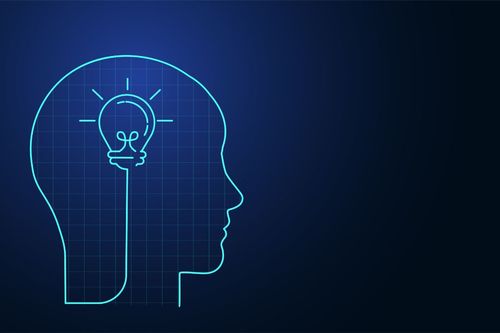An opinion piece by the co-founder and COO of CognitiveScale, an enterprise AI software company
June 14, 2022

An opinion piece by the co-founder and COO of CognitiveScale, an enterprise AI software company
Artificial intelligence holds tremendous promise in areas like hyper-personalization and process automation, but the value derived from AI-powered applications (lower costs, better engagement, higher revenue) is proving challenging.
In many organizations, AI-powered application development times and roadmaps are taking longer, costing more and delivering less than originally anticipated.
We are currently in an ‘MLOps’ (Machine Learning Operations) era, according to Gartner, where the information technology focus is on data science and data engineering. AI-powered applications driven off of models and data are manually ‘wired’ into solutions in an attempt to drive isolated, difficult to repeat, successes.
In order for enterprises to unleash sustained value from more intelligent decisioning systems, leaders in AI solution development are turning to AI engineering. Gartner refers to AI engineering as being a key differentiator and driver of value. “By 2025, the 10% of enterprises who establish AI engineering best practices will generate at least three times more value with their AI efforts than the 90% of enterprises who do not.”
But how?
AI is a team sport and AI engineering is a discipline for organizing this team, their tools, and their processes. MLOps, information technology (IT), software development, business leaders, subject matter experts, and even compliance, audit and risk management must all work together to build an AI engineering competence that drives enterprise AI initiatives.
Three pillars of AI engineering
According to Carnegie Melon’s Software Engineering Institute, the three pillars of AI engineering that will help drive value from AI applications are robust and secure AI, scalable AI and human-centered AI.
Robust and secure AI application development includes deployment, monitoring, maintenance, feedback, learning and value capture, and it requires the efforts of numerous AI engineering team members.
Scalable AI refers to building out AI applications across the enterprise for many use cases, getting many models and algorithms into production and driving value. Scaling the AI infrastructure, data and decisioning systems also requires low-code platform capabilities and reusable assets.
And human-centered AI refers to how AI systems are designed to align with humans, their behaviors, and their values – built by teams across the enterprise.
One of the largest health insurance companies in the U.S. has been building engineering competence over the last 4 years. This organization has the ability to develop numerous personalized customer insights as the output of models and decisioning systems, but it was challenged to get these models into production across disparate systems of record and systems of engagement, including call center software, care management applications, client-facing portals and applications.
This organization is now seeing value in a number of use cases. For example: driving improved service experience and cost savings from lower handling time and higher first call resolution; and demonstrating faster AI-powered application development time (as much as 40% quicker) at much lower cost. With the right people, processes and tools across the enterprise developing an AI engineering competence, the company is expanding its AI capabilities and delivering a much more robust AI roadmap.
Enabling AI engineering
A key piece of technology that can enable AI engineering is an enterprise AI platform that enables all of the required personnel - from technology to business leaders to compliance and auditors - to orchestrate all of the components of AI applications, put them into production, and then scale many more new applications across the enterprise.
AI engineering team members have each made significant investments in the tools they use, as well as the systems of record and engagement that AI is trying to leverage and improve, so the enterprise AI platform must support all of these investments.
Finally, since organizations will need to build out application blueprints and low-code reusable toolkits and assets (such as data connectors, models and others) that can help deliver AI applications in areas like hyper-personalization and goal-driven campaigns, AI platforms must meet these requirements.
The real differentiator for enterprise success with AI will lie in the ability to continually enhance value through rapid AI change, as models learn and improve, and as AI-powered applications are tuned to deliver more and more value.
The 'AI Engineering Era' will enable both business and IT leaders to work together to deploy repeatable patterns for AI solution success, and AI engineering combined with MLOps will allow enterprises to see sustained value.
You May Also Like
.jpg?width=700&auto=webp&quality=80&disable=upscale)
.jpg?width=700&auto=webp&quality=80&disable=upscale)
.jpg?width=700&auto=webp&quality=80&disable=upscale)
.jpg?width=300&auto=webp&quality=80&disable=upscale)
.jpg?width=300&auto=webp&quality=80&disable=upscale)

.jpg?width=300&auto=webp&quality=80&disable=upscale)
.jpg?width=300&auto=webp&quality=80&disable=upscale)